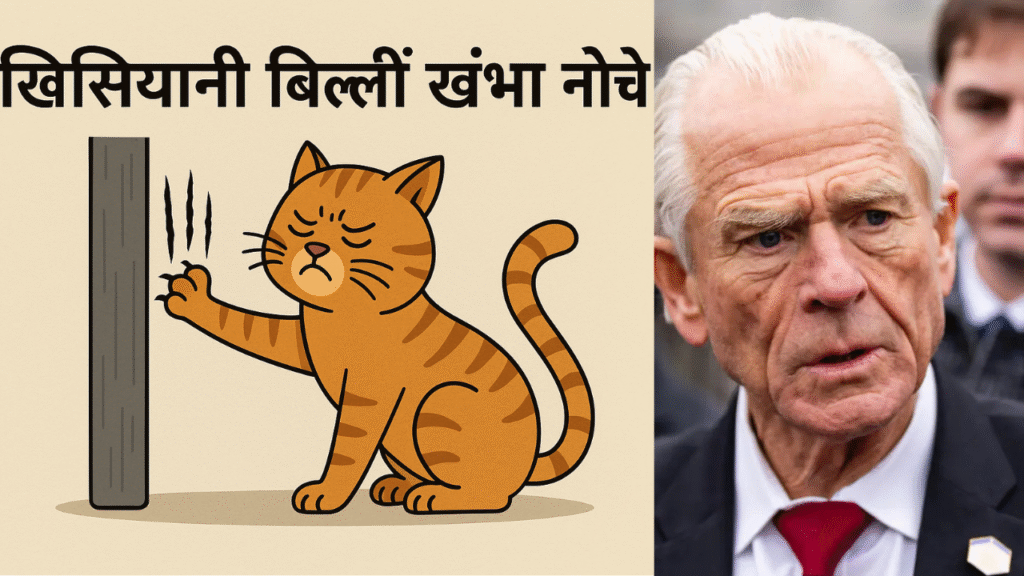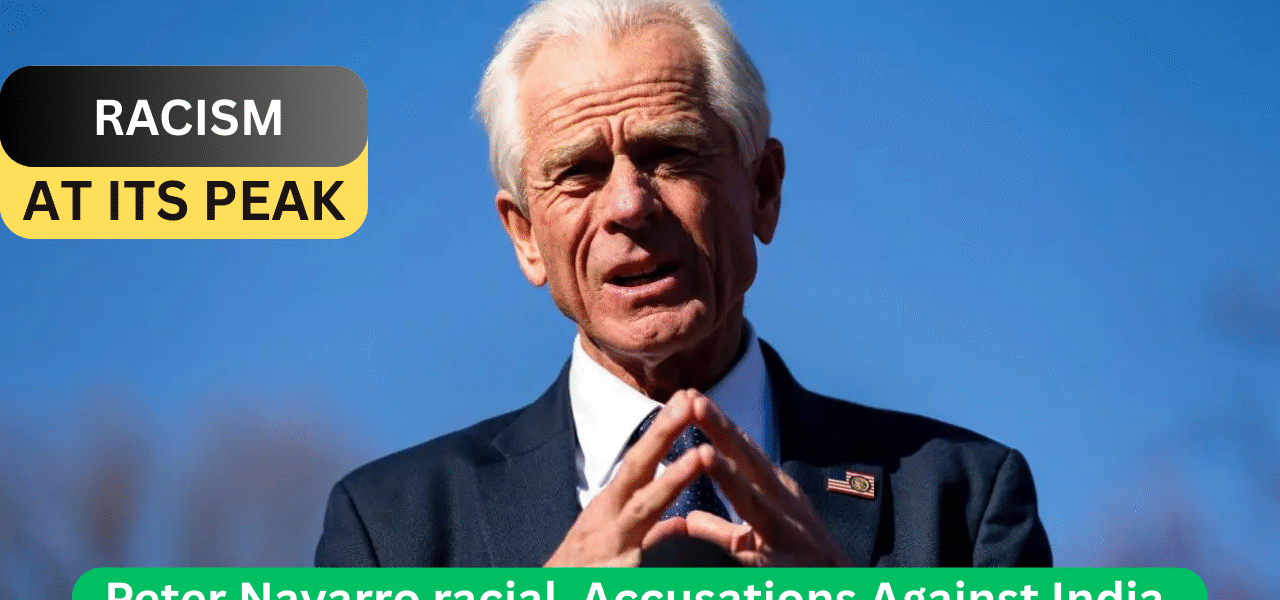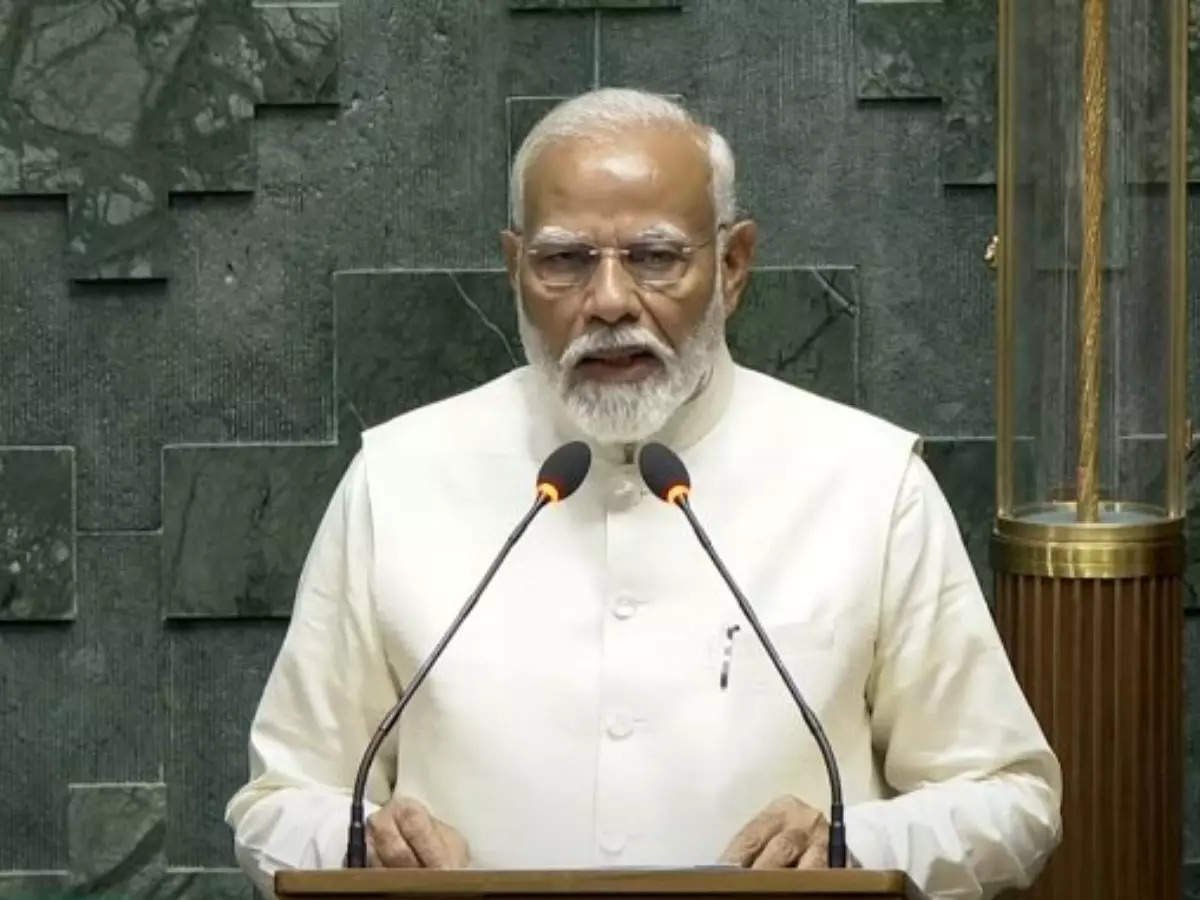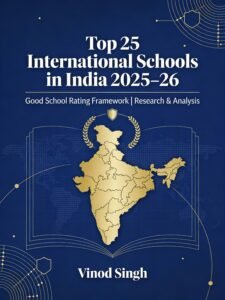Peter Navarro’s Oil Accusations Against India Escalate Indo-U.S. Tensions Amid Tariff War
Former White House trade advisor Peter Navarro has once again sparked outrage in India and beyond, after accusing New Delhi of serving as “nothing but a laundromat for the Kremlin” through its purchases of Russian crude oil. In a controversial escalation, Navarro claimed that “Brahmins are profiteering at the expense of the Indian people,” further inflaming sensitivities in the world’s largest democracy.
His remarks arrive as the Trump administration imposes a record 50% tariff on Indian goods, explicitly tying the decision to New Delhi’s continued energy trade with Moscow. The move has reignited debate over trade fairness, sovereignty, and the geopolitical stakes of the Russia-Ukraine war.
Navarro’s Accusations
Peter Navarro’s core criticism centres on India’s sharply expanded imports of discounted Russian oil since 2022, which he alleges are refined and exported globally for profit. He argues this practice “fuels the Russian war machine” and undermines Western efforts to economically isolate Moscow.
Peter Navarro further characterised India as the “Maharaja of tariffs,” citing its high trade barriers, and questioned Prime Minister Narendra Modi’s engagements with Vladimir Putin and Xi Jinping, asking why “the biggest democracy in the world” would strengthen ties with authoritarian regimes.
Perhaps most provocatively, Navarro suggested that the economic gains of this oil strategy disproportionately benefit India’s elite, particularly Brahmin business networks. At the same time, ordinary citizens bear the brunt of inflation and economic pressure.
Indian Government’s Response
New Delhi has flatly rejected Peter Navarro’s remarks, dismissing them as “unjust, unfair, and hypocritical.” Officials stressed that India’s energy policy is dictated by national security imperatives, with 1.4 billion citizens to support.
Indian leaders pointed to what they view as Western double standards: despite criticism of India, both the U.S. and the European Union maintain ongoing, significant trade with Russia. By accessing cheaper Russian oil—often priced $3–$5 below global benchmarks—India argues it not only safeguards its own economy but also helps stabilise global energy markets by preventing runaway oil prices.
Modi Xi Jinping meet at SCO Summit: India Strengthens Strategic Autonomy Amid U.S. Tariff Pressure
Economic and Geopolitical Stakes
Since the start of the Ukraine war, Russian oil has grown to comprise 35–40% of India’s total crude imports, a dramatic leap from less than 2% in 2021. Analysts estimate this shift has saved India’s economy billions of dollars annually.
However, the U.S. decision to slap a 50% tariff on Indian exports—a blow to an $87 billion trade flow in 2024—threatens to offset those savings. More than half of India’s goods bound for the American market could be affected, heightening fears of a trade war with global repercussions.
Observers warn that these tariffs may ultimately harm both economies more than Russia’s, as supply chains strain under competing pressures of geopolitics and commerce.
Domestic and Global Reactions
Peter Navarro’s reference to “Brahmin profiteering” has been condemned in India as racially charged and unnecessarily divisive, with commentators accusing him of weaponising caste rhetoric for political effect.
For India’s public and policymakers, the rhetoric is seen as an attempt to deflect from perceived inconsistencies in Western sanctions regimes. Meanwhile, Indian diplomacy continues to stress that global energy realities—not ideology—guide its decisions.
Donald Trump Tariffs Showdown: President Defies Court Ruling, Keeps 50% Duties Intact
Author’s View
The remarks of Peter Navarro did not surprise me. For long, the Western template of discourse towards India has been riddled with bias, often resorting to sweeping generalisations and, at times, racial undertones. In the United States itself, racism and discrimination based on colour, creed, and race remain pressing realities. It is therefore unsurprising, yet disappointing, to hear such remarks targeting India.

What is even more telling is Navarro’s casual use of terms like “Brahmin profiteering.” A man who has neither studied Indian philosophy nor grasped the meaning of Brahman presumes to lecture Indians on their society. It reflects not insight, but ignorance. In Bharat, we have a saying: “Khisiyāni billi khamba noche” (a frustrated cat scratches the pole) — a fitting metaphor for such outbursts.
I view Navarro’s comments less as a policy critique and more as an attempt to grab headlines. He is, in many ways, a Murkhadhiraj (king of fools) in this episode. His words will not dent India’s commerce or standing in the world. Instead, the firm stand of the Indian government—prioritising national interest, energy security, and the pride of its citizens—deserves appreciation. These remarks may generate some noise in the West, but in India, they only strengthen resolve.
Key Points in the Dispute
| Stakeholder | Main Action/Claim | Indian Response |
|---|---|---|
| Peter Navarro | Accuses India of being a “laundromat for Kremlin,” cites “Brahmin profiteering” | Denounces rhetoric as discriminatory and ignorant |
| U.S. Government | Defends imports as a national interest and population security | Calls move unjustified, citing Western double standards |
| Indian Government | Defends imports as a national interest and population security | Warn tariffs could damage both the U.S. and Indian economies more than Russia |
| Analysts | Note India imports ∼35–40% Russian oil, saving billions | Warn tariffs could damage both U.S. and Indian economies more than Russia |
🌍 Conclusion
The Peter Navarro controversy is less about India’s oil and more about the narrative battle between the West and rising powers like India. While his remarks expose fault lines in Indo-U.S. relations, they also underline a larger truth: India’s economic decisions will not be dictated by Western prejudice or political theatrics.
#Peter Navarro #India #Geopolitics #TradeWar #EnergySecurity #WesternHypocrisy
Discover more from
Subscribe to get the latest posts sent to your email.










